Is Eucalyptus Good For Outdoor Furniture
When choosing materials for outdoor furniture, homeowners often look for a combination of durability, beauty, sustainability, and value. Teak is widely recognized as a premium wood, but other hardwoods—like eucalyptus—have gained popularity as strong contenders in recent years. One of the most frequently asked questions is: is eucalyptus good for outdoor furniture? In short, yes. Eucalyptus offers a durable, attractive, and eco-friendly alternative to more expensive woods, especially for those looking for value without sacrificing performance. This guide explores the qualities of eucalyptus and why it’s become a go-to option for outdoor furniture buyers.
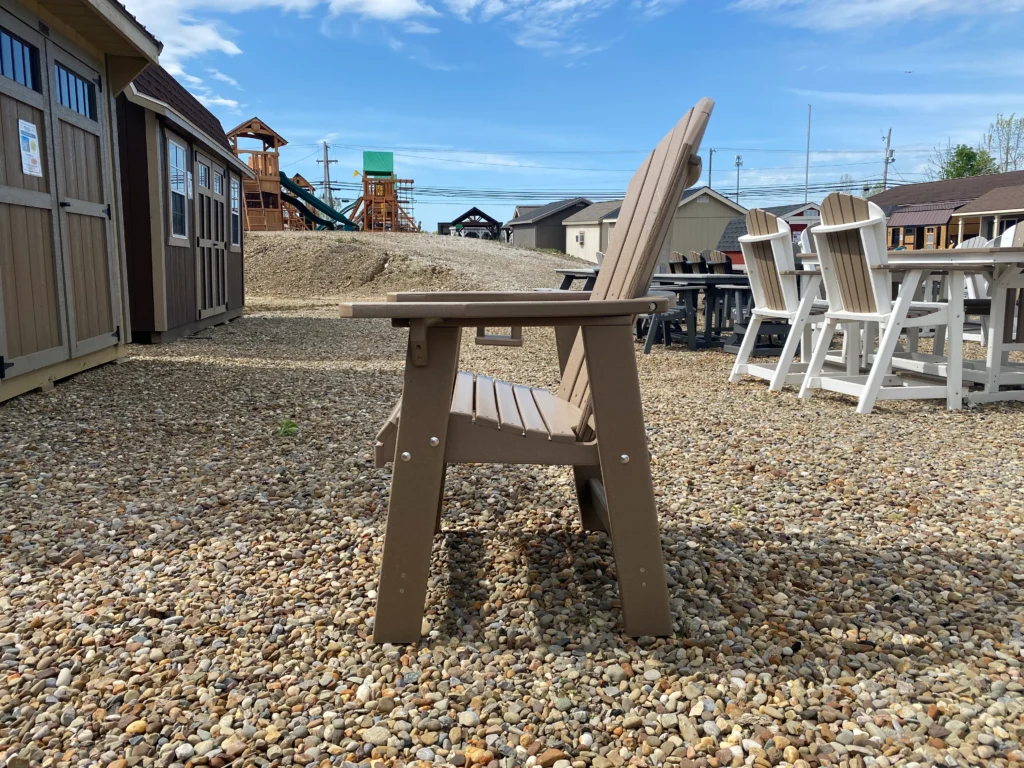
What Is Eucalyptus Wood?
Eucalyptus is a fast-growing hardwood native to Australia and now cultivated in many tropical and subtropical regions around the world. There are over 700 species of eucalyptus trees, but only a few—such as Eucalyptus grandis and Eucalyptus globulus—are commonly used in furniture making.
Eucalyptus wood is known for its straight grain, attractive reddish-brown color, and dense structure. It is comparable in strength and appearance to teak but comes at a fraction of the cost, making it an appealing choice for outdoor use.
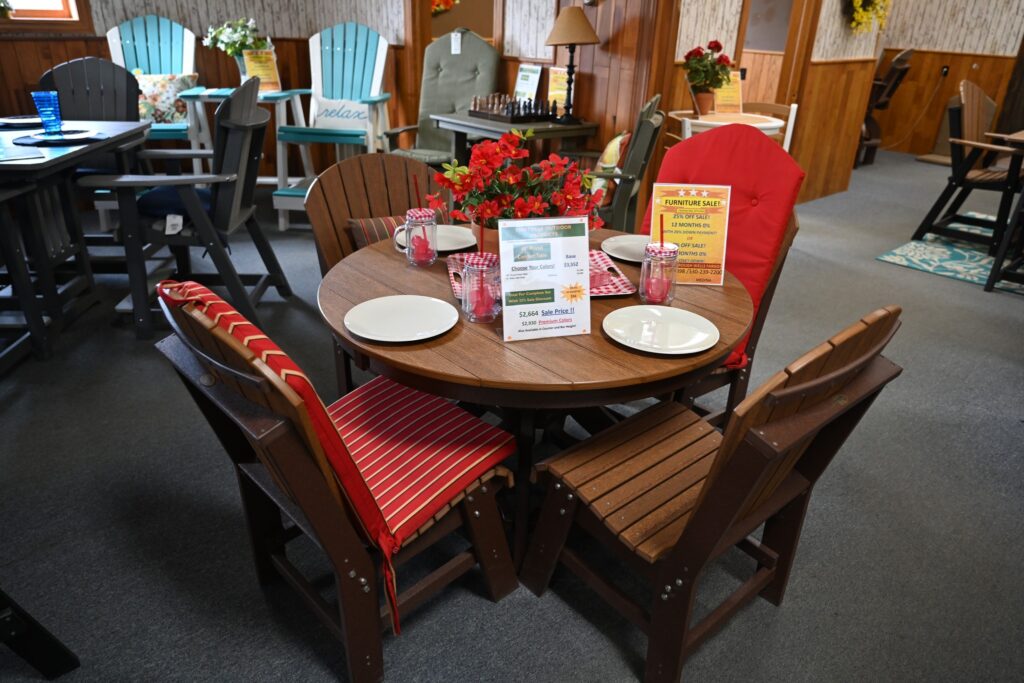
Natural Durability and Weather Resistance
One of the main reasons eucalyptus is good for outdoor furniture is its ability to withstand the elements. The wood contains natural oils and tannins that make it resistant to moisture, rot, and insect damage—critical qualities for furniture exposed to rain, humidity, and fluctuating temperatures.
With proper maintenance, eucalyptus furniture can last many years outdoors. While not quite as weather-resistant as teak, it performs exceptionally well for the price point.
Sustainability and Environmental Impact
Eucalyptus is often considered a more sustainable choice than slower-growing hardwoods like teak. Because it grows quickly and regenerates easily, eucalyptus plantations can produce large amounts of timber in relatively short periods of time, reducing strain on natural forests.
Many eucalyptus furniture manufacturers source from FSC-certified plantations, ensuring responsible harvesting and environmental stewardship. For eco-conscious consumers, this makes eucalyptus a more sustainable and ethical option.
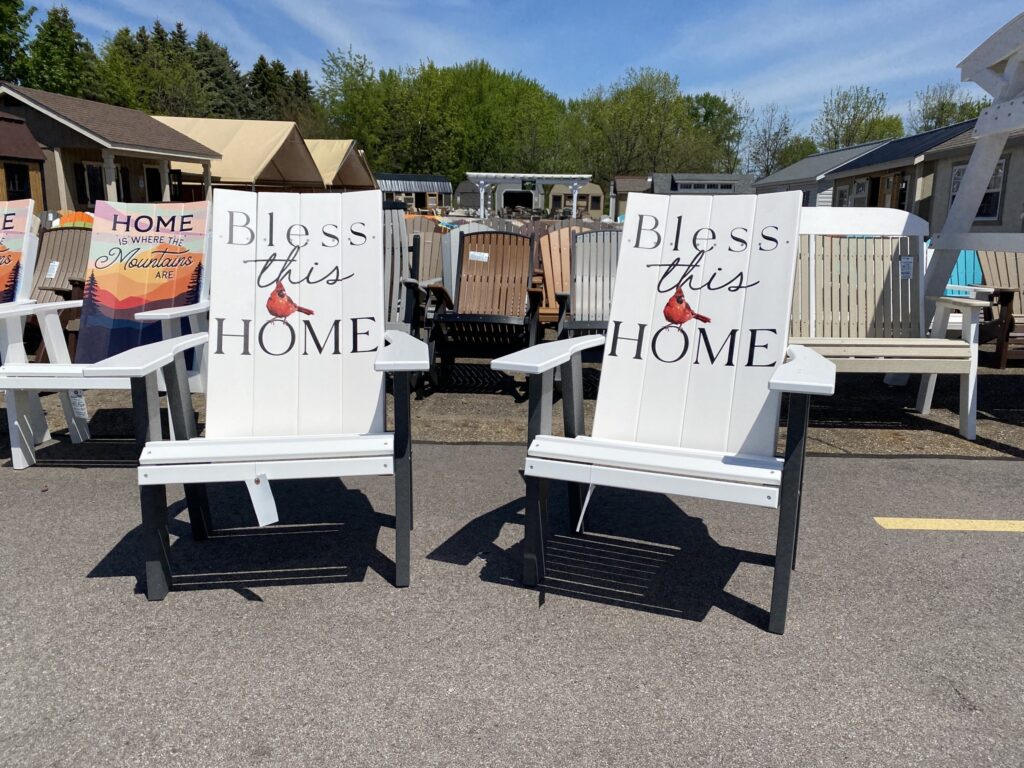
Aesthetic Appeal
Eucalyptus wood boasts a warm, reddish-brown hue that complements a variety of outdoor styles, from modern patios to rustic gardens. Its straight grain and smooth texture give it a clean, refined appearance.
Over time, like teak, eucalyptus will develop a natural gray patina when exposed to sunlight and moisture. Some homeowners appreciate this weathered look, while others choose to maintain the original tone with regular oiling or sealing.
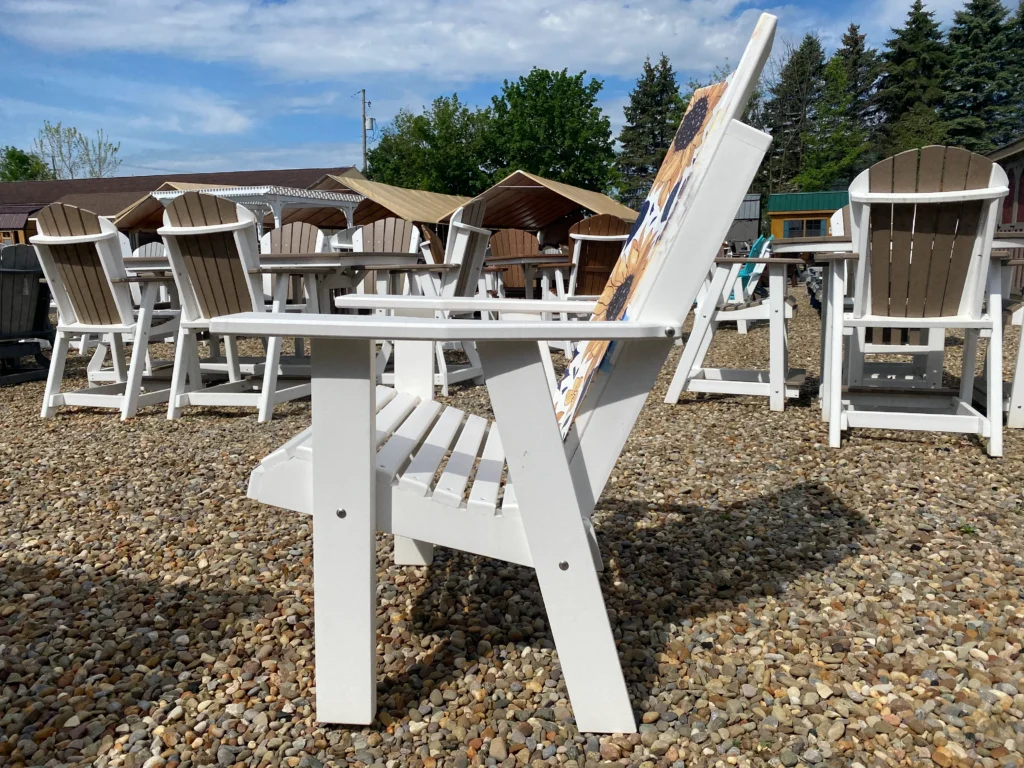
Maintenance Requirements
While eucalyptus is naturally resilient, it does require some maintenance to keep it looking its best.
Routine care includes:
- Cleaning: Wipe down with a mild soap and water solution every few weeks to remove dirt and debris.
- Sealing: Apply a protective outdoor wood sealer or eucalyptus oil once or twice a year to preserve color and resist moisture.
- Storage: If possible, store or cover furniture during winter months or prolonged rainy seasons to extend its lifespan.
Regular maintenance ensures that eucalyptus retains its beauty and structural integrity over time.
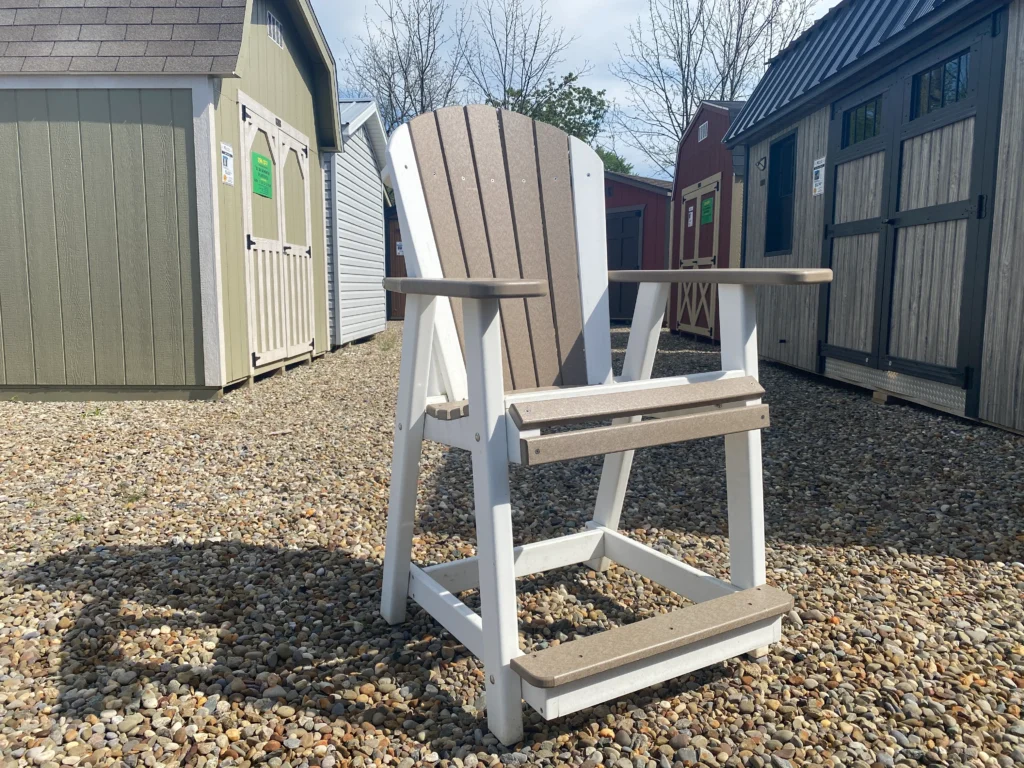
Cost Comparison: Eucalyptus vs. Teak and Other Woods
One of eucalyptus’s biggest advantages is its affordability. While teak furniture can be cost-prohibitive for some homeowners, eucalyptus offers similar durability and aesthetics at a lower price point.
Estimated price comparisons for outdoor sets:
- Eucalyptus: $400–$1,200
- Teak: $1,200–$3,000+
- Acacia or Pine: $200–$600 (less durable and more prone to damage)
For buyers on a budget who still want high-quality outdoor furniture, eucalyptus represents excellent value.
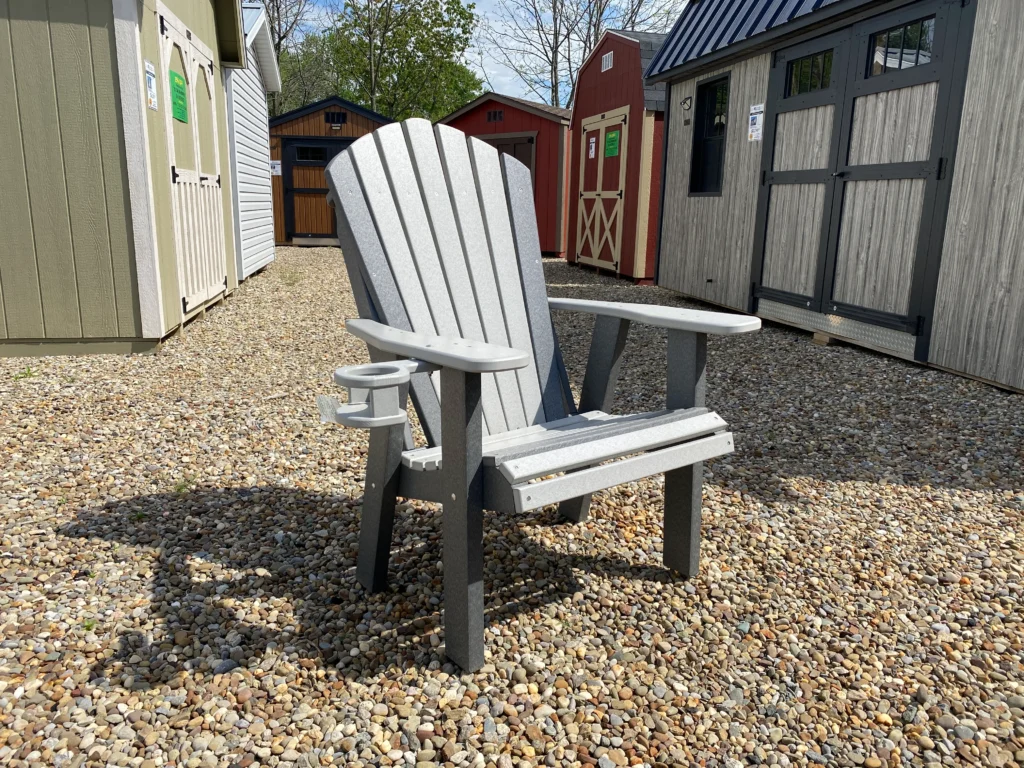
Common Uses for Eucalyptus Outdoor Furniture
Thanks to its durability and attractive appearance, eucalyptus is used in a variety of outdoor furniture styles and pieces:
- Dining sets: Strong enough for regular use and easy to clean.
- Adirondack chairs: Comfortable, stylish, and weather-resistant.
- Benches and loveseats: Ideal for garden seating or patios.
- Folding chairs and tables: Lightweight yet sturdy enough for portability.
The wood’s versatility makes it a go-to for both residential backyards and commercial outdoor spaces like cafés or resort patios.
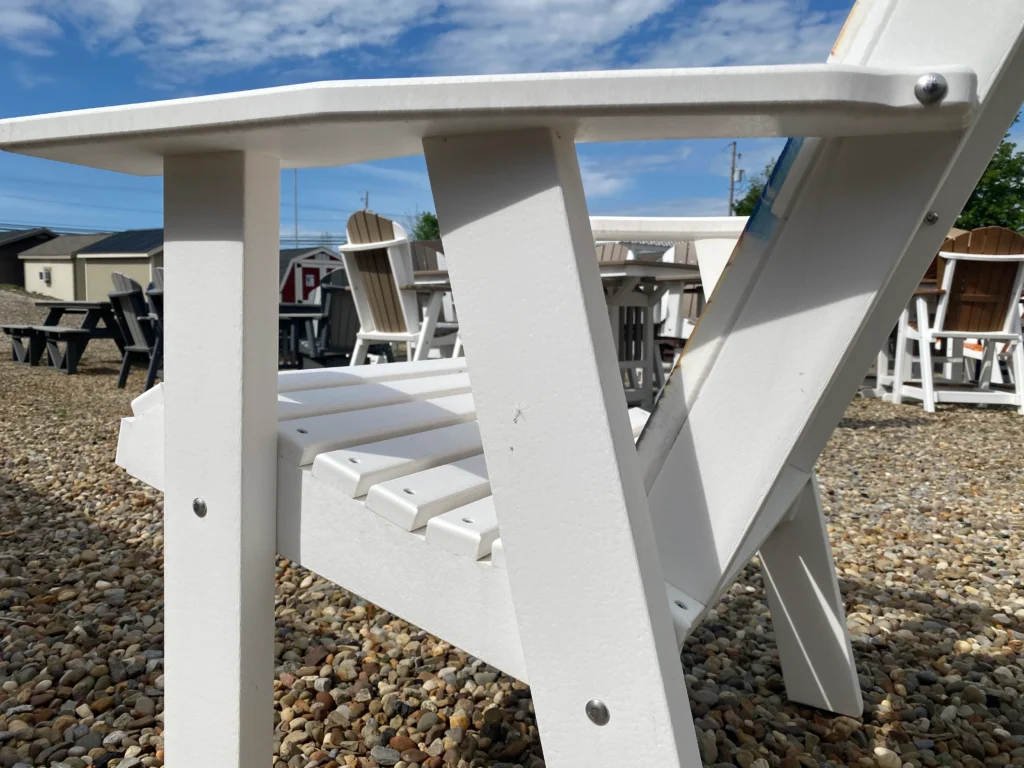
Drawbacks and Considerations
While eucalyptus is an excellent material for outdoor furniture, it’s important to understand its limitations:
- Requires consistent maintenance: Without regular sealing, it will fade and possibly crack.
- Less oil content than teak: While still weather-resistant, it’s slightly more vulnerable in harsh climates.
- Color change over time: If not treated, the warm reddish hue will gradually turn gray.
These drawbacks can be mitigated with simple seasonal care and protection from extreme weather conditions.
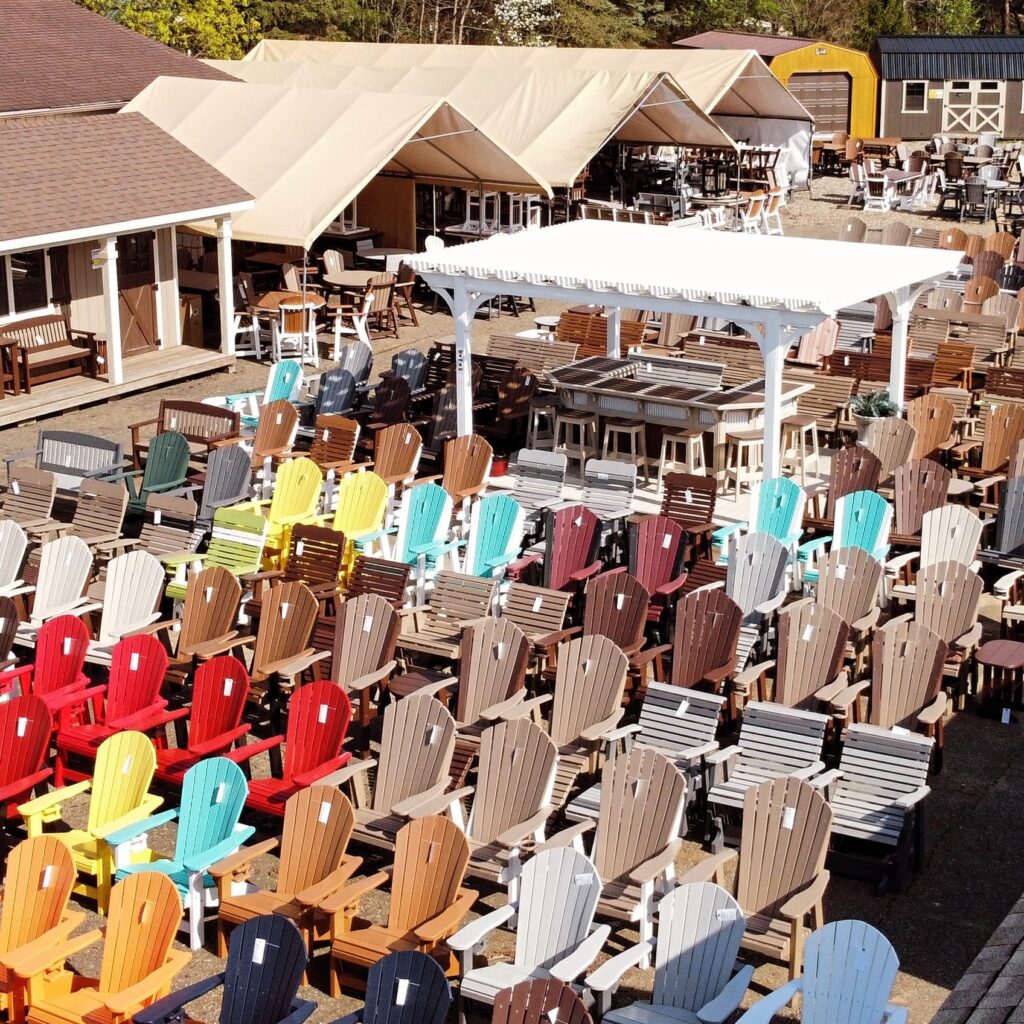
Retailers and Custom Eucalyptus Furniture
Many well-known furniture retailers carry eucalyptus outdoor furniture. Brands like Outer, West Elm, and even big box stores like Lowe’s and Home Depot offer stylish eucalyptus collections.
For Ohio homeowners, companies like Hartville Outdoor Products can offer custom or ready-made eucalyptus furniture with delivery and craftsmanship that matches the region’s climate and preferences. Working with local experts ensures the wood is treated and assembled correctly for long-term performance.
Conclusion
So, is eucalyptus good for outdoor furniture? Absolutely. With its natural beauty, resilience to the elements, and affordable price point, eucalyptus is a smart and sustainable choice for patios, decks, porches, and gardens. While it may require some seasonal maintenance, the rewards of long-lasting, eco-friendly furniture make it well worth the effort. For homeowners seeking a balance of quality and value, eucalyptus delivers on all fronts.
